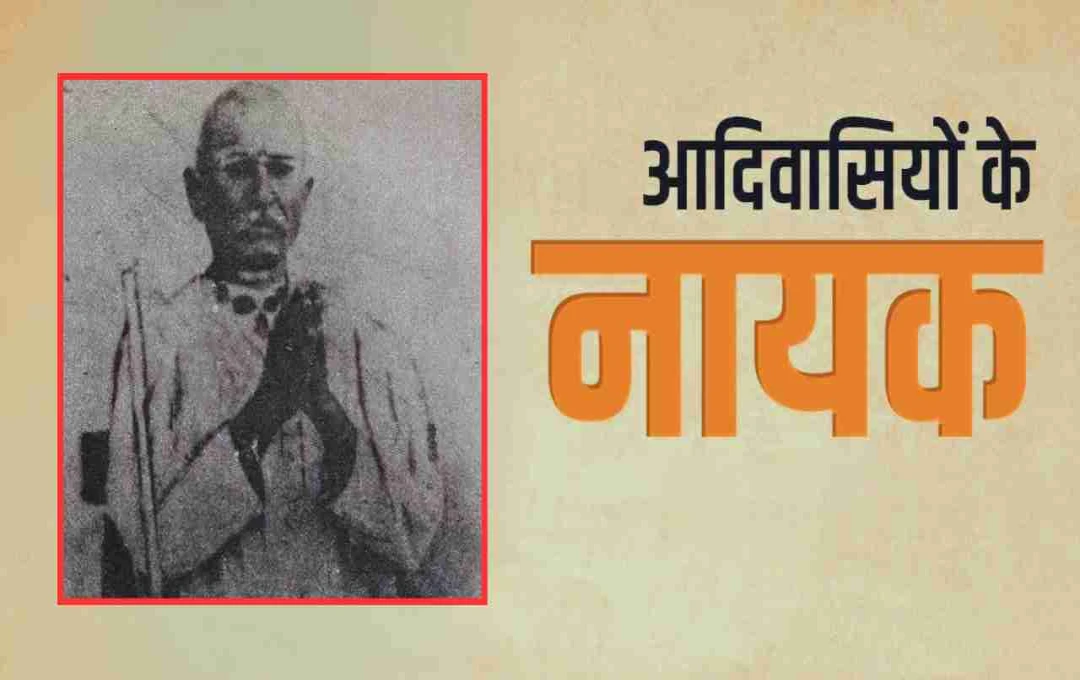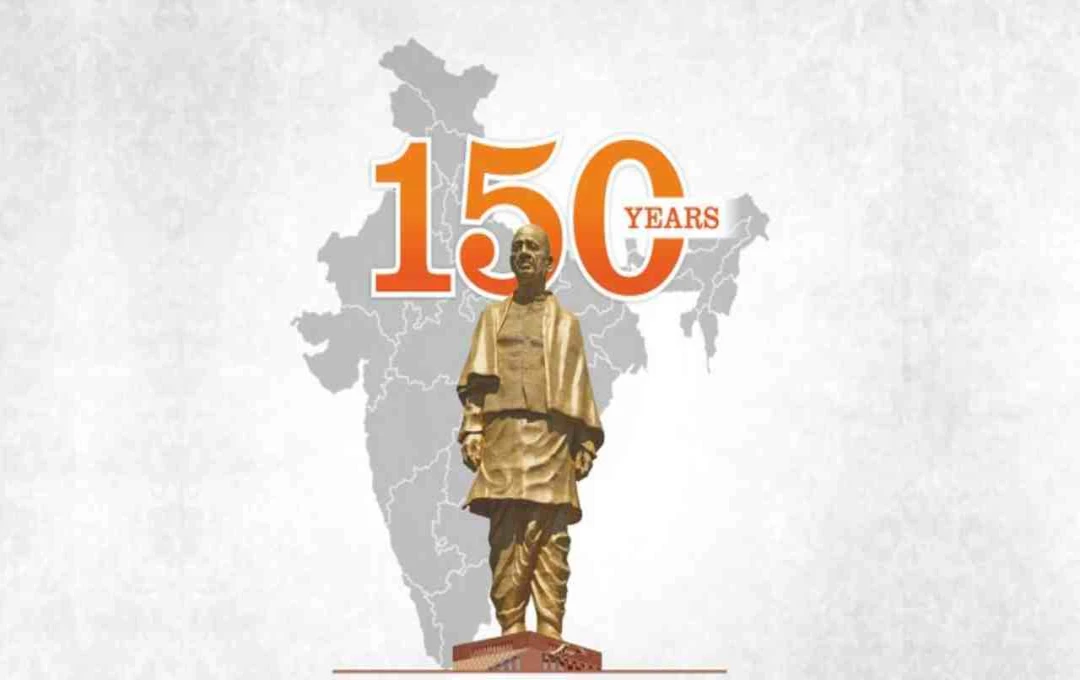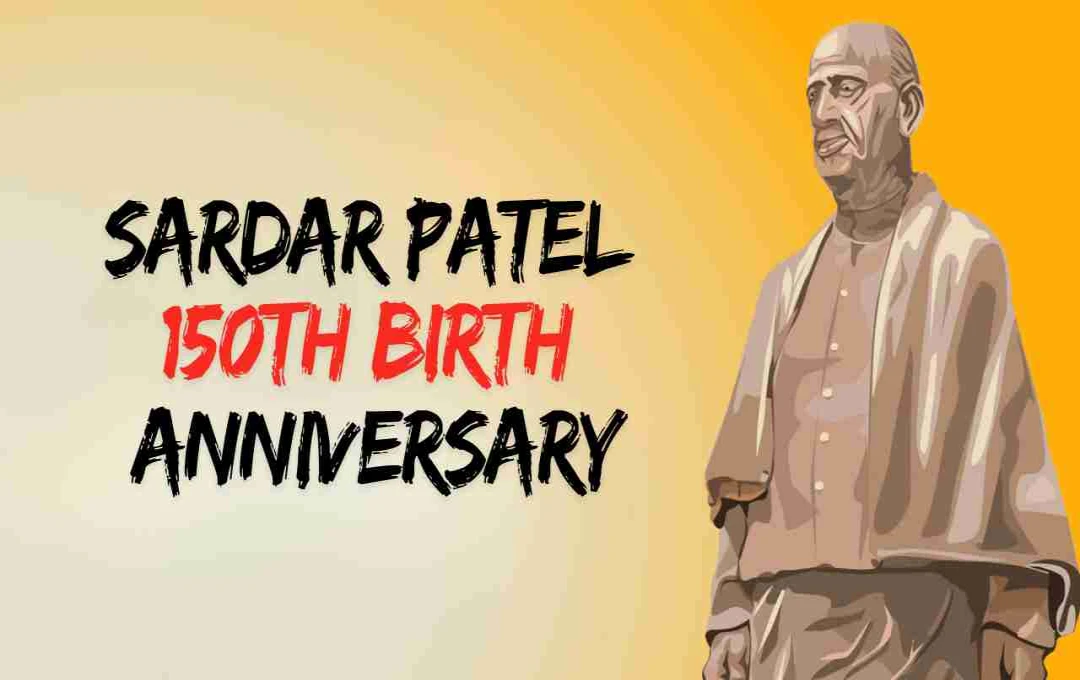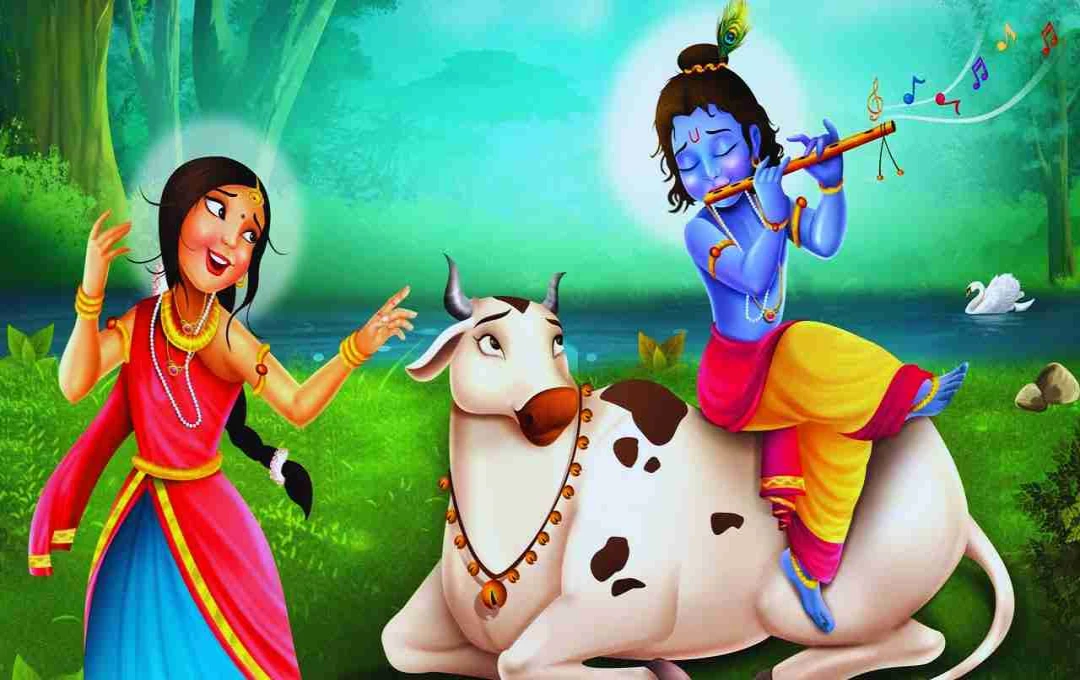Govind Guru was a great saint and freedom fighter of the Banjara tribal community. He worked for social reform and public awareness in Rajasthan, Gujarat, and Madhya Pradesh. Through the Bhagat movement, he taught people to abstain from alcohol, meat, and other vices.
Govind Guru: The history of India is filled with numerous great personalities who have made unique contributions to their country and society. One such name is Govind Guru Banjara, who is known not only as a pioneer of social and religious reform in the tribal community but also remembered as a brave warrior of the Indian freedom struggle. Govind Guru ignited the flame of public awareness and the freedom movement in the tribal-dominated areas of Rajasthan, Gujarat, and Madhya Pradesh. His life is an example of struggle against the plight of the tribal community and the unjust policies of the British rule.
Early Life and Education
Govind Guru Banjara was born on December 20, 1858, in the Basiya (Bedsa) village of Dungarpur district in a Banjara family. His childhood was not ordinary; he was not only interested in education but also inclined towards spirituality. From childhood, his mind was drawn towards religious knowledge and social justice. Inspired by the teachings of Maharishi Dayanand Saraswati, Govind Guru dedicated his life to the service of the tribal community and the country.
Interestingly, he neither received education in any modern school or college nor received training in any military training institution. Despite this, his vision and leadership ability made him emerge as a hero who created a wave of social and religious awareness in the tribal community.
Bhagat Movement and Social Reform
In the 1890s, Govind Guru started the Bhagat movement. The main objective of this movement was to keep the tribal community away from social evils and make them aware of religious and national consciousness. He made the fire deity the symbol of this movement. Followers were taught to worship and perform Havan (Dhuni) by standing in front of the sacred fire.
In 1883, he established the 'Samp Sabha,' through which he gave the message of staying away from evils like alcohol, meat, theft, and adultery. In addition, he taught his followers to work hard, live in simplicity, take bath, perform Yagya and Kirtan daily, educate children, resolve disputes through Panchayat, oppose injustice, and use indigenous goods by boycotting foreign goods.
Within a few years, the number of his followers reached millions. An annual fair was organized on the occasion of Margashirsha Purnima, in which people experienced social and political awareness through Havan and Bhajan. In this way, the Vagad region gradually started smoldering in the fire of opposition to the British government and local feudal lords.
Mangadh Incident and Struggle
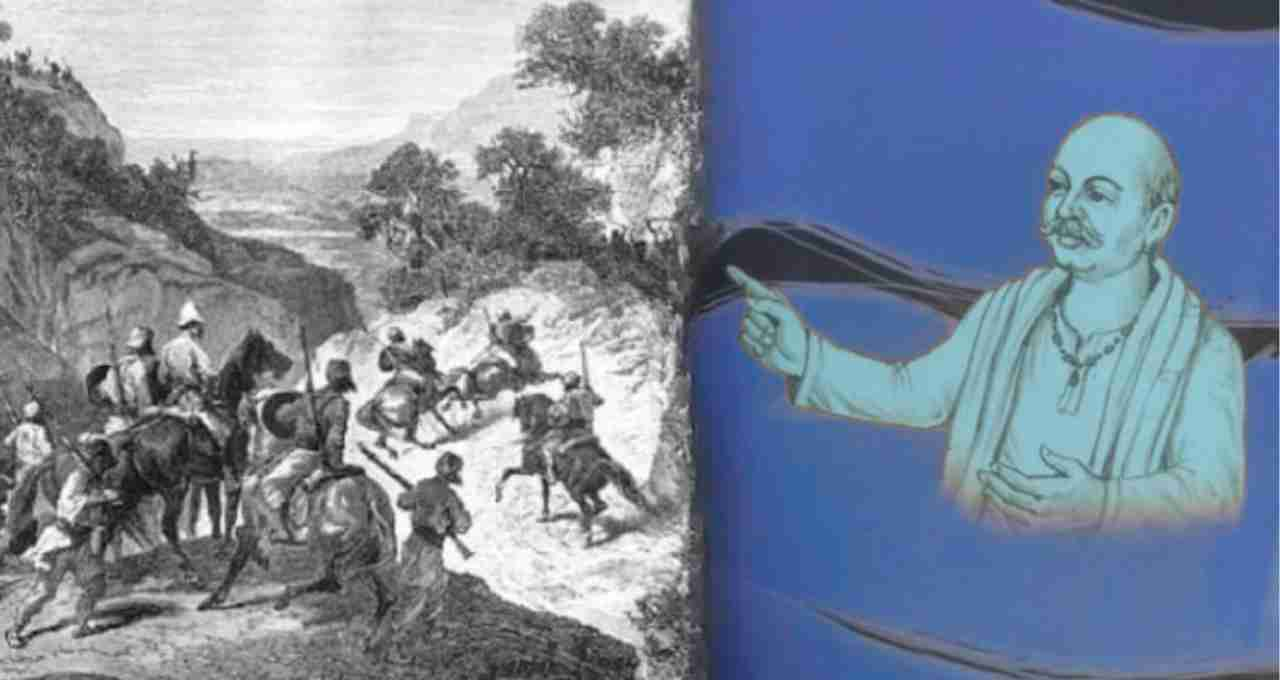
On November 17, 1913, the annual fair was to be held on the hill of Mangadh. Before this, Govind Guru wrote a letter to the administration urging them to protect the rights of the tribals. He said that the tax on the tribals suffering from famine should be reduced and they should be allowed to follow their religious traditions. But the administration ignored his request and surrounded the hill and deployed machine guns and cannons.
When millions of people reached to see the fair, the police started firing under the leadership of Colonel Sutton. In this violent incident, about 1,500 people died. Govind Guru was arrested and initially sentenced to death, later he was sentenced to life imprisonment.
Jail and Later Life
After being released from jail in 1923, Govind Guru did various public service works through Bhil Seva Sadan, Jhalod. His life remained dedicated to the welfare of the tribal community and social justice. He passed away on October 30, 1931, in village Kamboi (Gujarat). Even today, on the occasion of Margashirsha Purnima, millions of people offer their respects at his Samadhi site.
Literary Contribution and Public Awareness
Govind Guru took the help of literature and songs to convey his ideology and message to the masses. He used to make people aware by singing songs in his Gorboli and regional language. In his songs, opposition to the unjust policies of the British and the spark of freedom were visible.
For example, it is clear in his songs that he was demanding the right of the country's soil from the British and was giving the message that "the whole country is ours and we will free it from the British".
Along with political consciousness, there was also a message of social reform in his hymns and songs. He used Rajasthani Hindi so that this language could easily reach the tribal community and the general public.
Impact on Tribal Society
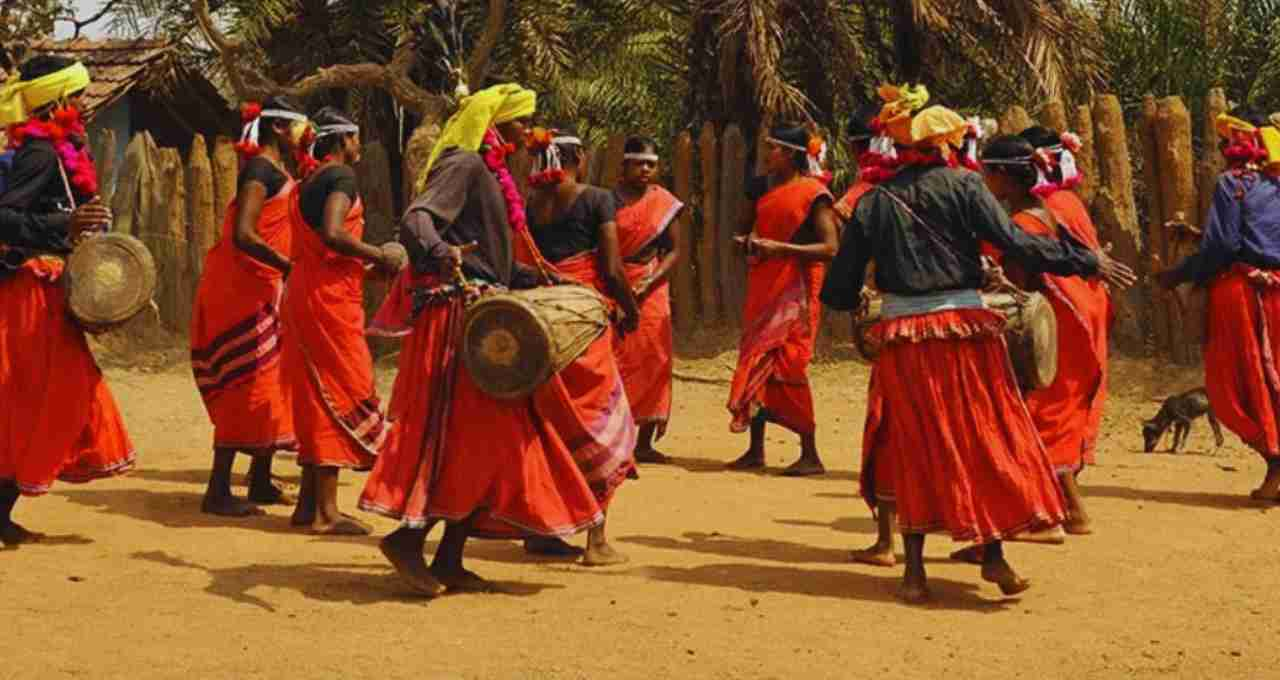
Govind Guru created a new wave of social and religious awareness in the tribal community. Under his leadership, the tribal community distanced itself from alcohol, meat, theft, and other evils. His followers started living life with hard work and honesty. He promoted education, Panchayat system, and the use of indigenous goods.
His effort was not limited to religious or social reform, but it also became a medium of national consciousness. The tribal community, under his leadership, started resisting against the British and fought unitedly for the motherland.
Govind Guru's Family and Legacy
Govind Guru's elder son Harigiri's family resides in Bansiya and younger son Amarugiri's family resides in Umrai near Talwara in Banswara district. Govind Guru's legacy is still being preserved through his sixth-generation family. His son Gopalgiri and other descendants are working to imbibe the Guru's teachings in their lives and propagate them in the society.
Even today, the Banjara and tribal community considers him their revered deity. His hymns and songs are still prevalent and propagate his ideals in the society.
Govind Guru and the National Freedom Struggle
Govind Guru's contribution was not limited to the tribal community. He was also a hero of the Indian freedom struggle. He made his followers aware of the policies of the British and awakened the feeling of patriotism through his songs and movements. Under his leadership, millions of tribals were inspired to fight for their land and rights.
His vision, courage, and leadership ability made him one of the brave leaders of India's freedom struggle, who fought not only for political freedom but also for social and religious freedom.
The life of Govind Guru Banjara is a source of inspiration for the tribal community and the country. He made immense contributions in social reform, religious awareness, and the freedom struggle. His courage, leadership, and dedication are still guiding the tribal community and patriots. His message still shows people the path of justice, unity, and patriotism.
